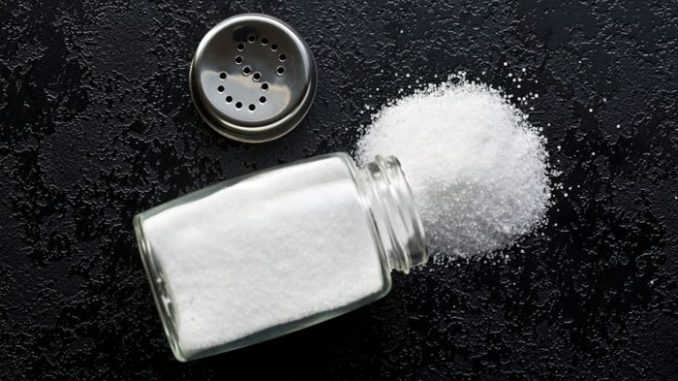
If you have a high-salt diet – you may be a little more stressed than the average person, and this could have big knock-on effects.
A new study has found a link between a diet containing lots of salt and increased levels of stress, and this could be impacting your mental well-being and your relationship.
Why? Because there’s a well-established link between high-stress levels and increased emotionality.
I often say it to my clients, find me a stressed-out person and you will invariably find an emotional person.
One of the main reasons for this comes back to the stress response – when we’re stressed we produce Cortisol and this stress hormone is designed to help us survive the stressful situation (i.e. Fight, Flight, Freeze, or Fawn).
Now, whoever designed us, worked out that when the tiger is chasing us we really don’t need to ponder why the tiger is chasing us (i.e. our body stops sending blood and oxygen to our high-level thinking part of our brain, the frontal cortex).
A stressed person has that blood flow and oxygen redirected to and subsequently coursing through the emotional centers of the brain.
And that, naturally, means we’re more emotional.
Back to the salt, researchers from the University of Edinburgh’s Centre for Cardiovascular Science found in studies of mice that a high-salt diet increased the levels of a stress hormone by 75 percent.
Effects on the heart and circulatory system have been well established, but until this study was published little was known about the impact of a high-salt diet on a person’s behavior.
It was found that not only did resting stress hormone levels increase, but the mice’s hormone response to environmental stress was double that of mice that had a normal diet.
“We are what we eat and understanding how high-salt food changes our mental health is an important step to improving well-being. We know that eating too much salt damages our heart, blood vessels and kidneys. This study now tells us that high salt in our food also changes the way our brain handles stress.” – Matthew Bailey, Professor of Renal Physiology at the University of Edinburgh’s Centre for Cardiovascular Science
Salt intake also increased the activity of genes that produce the proteins in the brain which control how the body responds to stress.
So, aside from the well-established links between salt and health issues, there’s further evidence to try and keep your salt increase to a minimum.



